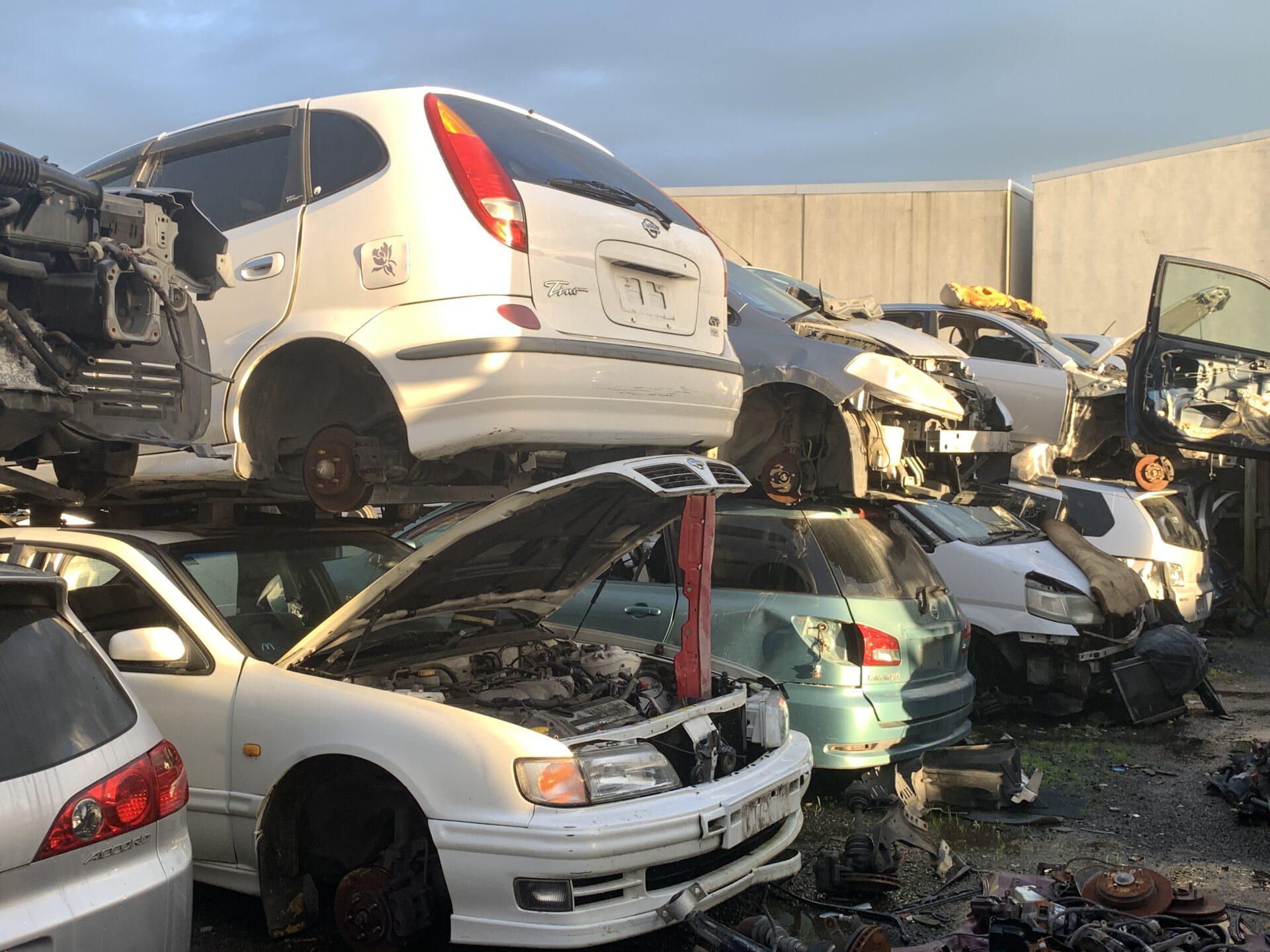Every car has a story. Maybe yours has taken you across the country, been the site of countless coffee spills, or carried you through rainstorms and road trips. But eventually, even the most beloved vehicle reaches a point where repair costs outweigh its value. When that happens, the most responsible and often profitable decision is to scrap your car.
But what exactly does it mean to scrap a car? How do you go about doing it properly, and how much can you expect to get paid? In this article, we’ll explore every angle of scrapping a car, ensuring that when the time comes, you’ll know exactly what to do — and what to avoid.
What Does It Mean to Scrap a Car?
To scrap a car means to dispose of it at a certified scrapyard or recycling center. These facilities safely deconstruct vehicles, remove any reusable or hazardous materials, and recycle the remaining metal. It’s not just about tossing your car away — it’s about retiring it in a safe, legal, and environmentally-friendly way.
In some cases, scrapping your car might even earn you more than you expected, especially if it still has valuable parts like a catalytic converter, alloy wheels, or a relatively intact engine.
When Should You Scrap Your Car?
There’s no universal rule for when a car should be scrapped, but there are some common signs:
-
It no longer runs or constantly breaks down.
-
Repair costs exceed the car’s value.
-
It has failed inspections and is too costly to fix.
-
It has been sitting unused for months or years.
-
You want to make an environmentally friendly choice.
If you're spending more time under the hood than behind the wheel, it might be time to accept that your car has reached the end of its road.
Step-by-Step: How to Scrap a Car
Scrapping a car isn’t as simple as dropping it off somewhere and walking away. Doing it correctly involves a few key steps to make sure you're paid fairly and follow local laws.
Gather Documentation
You'll need your vehicle’s title or proof of ownership. Some scrapyards require valid ID, registration, and a bill of sale, depending on your location.
Remove Personal Items
Double-check the glove box, under seats, trunk, and any hidden compartments. Once the car is gone, there’s no turning back.
Get Multiple Quotes
Call around or use online comparison tools to get scrap car offers. The more quotes you gather, the better your chances of getting a fair price.
Choose a Licensed Scrapyard
Always deal with a licensed and environmentally certified scrapyard. These professionals will dismantle and recycle your car legally and responsibly.
Cancel Insurance and Registration
Once your car is gone, notify your insurance company and cancel your policy. Don’t forget to unregister the vehicle with your local DMV or transport authority.
Get Paid
Depending on your car's condition and parts, you can be paid in cash or via bank transfer. Reputable scrapyards are transparent and pay on pickup.
What Is a Scrap Car Worth?
The amount you can get for a scrap car depends on several key factors:
| Factor | Impact on Value |
|---|---|
| Weight of the vehicle | Heavier cars = more metal = more money |
| Demand for parts | Valuable parts can raise the price |
| Market metal prices | Fluctuates with global supply/demand |
| Condition of the car | More complete cars usually pay more |
| Location | Urban areas often pay better rates |
On average, a scrap car might fetch anywhere between $100 to $1,000. A newer vehicle with reusable parts can go even higher.
Environmental Impact: Why Scrapping Is the Greener Choice
Scrapping your car is more than just a practical decision — it’s a planet-friendly one.
-
Reduces landfill waste: Cars are mostly metal, and much of it is recyclable.
-
Proper fluid disposal: Oils, antifreeze, and brake fluid can pollute soil and water if not handled correctly.
-
Part reuse: Usable parts are resold and reduce the demand for new manufacturing.
-
Fewer emissions: Removing older, less efficient cars reduces overall pollution.
Choosing to scrap your car is a step toward a cleaner, greener world — and that’s something to feel good about.
Can You Sell Parts Before Scrapping?
Absolutely. If you have the time, space, and tools, removing and selling high-value parts individually can maximize your earnings before scrapping the rest.
Popular parts to sell before scrapping:
-
Catalytic converter (very valuable)
-
Tires and rims
-
Car battery (if relatively new)
-
Stereo or infotainment system
-
GPS unit
-
Seats (especially leather or heated)
However, be mindful: some scrapyards offer more for fully intact vehicles. So always compare the pros and cons before parting it out.
FAQs About Scrapping a Car
Do I need the title to scrap my car?
Yes, in most cases. The scrapyard needs to verify that you're the legal owner. If you lost it, check with your local DMV for a duplicate title.
Can I scrap a car that doesn't run?
Yes. Most scrapyards offer free towing for non-running vehicles. Just let them know the condition upfront.
How long does the process take?
Once you choose a scrapyard, the entire process (including pickup and payment) can be done in 24–72 hours.
Is it safe to sell to a scrapyard?
Yes — if they’re licensed. Stick with reputable, certified scrap dealers who offer contracts, ID verification, and clear payment terms.
What happens after my car is scrapped?
Your vehicle is dismantled. Usable parts are sold, fluids are disposed of safely, and the metal is recycled into new products.
Final Thoughts
Scrapping your car might feel like the end of an era — and in many ways, it is. But it’s also an opportunity. An opportunity to clear up space, make some cash, and make an environmentally responsible choice.
